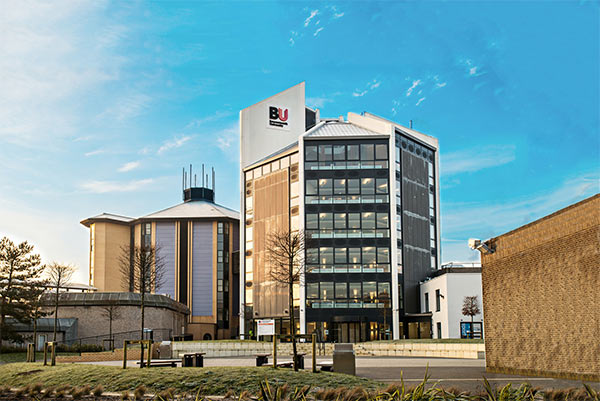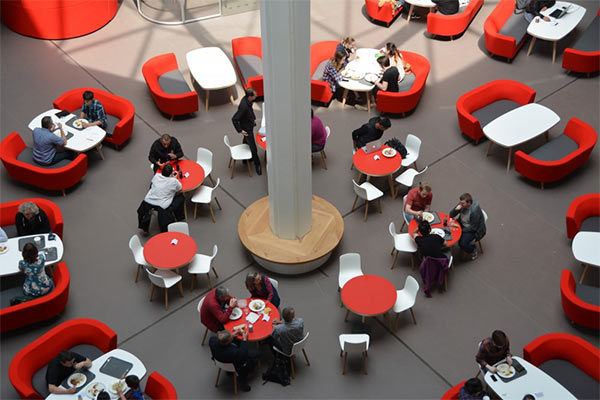Research Participation
Much of our work relies upon the participation of adults and children with face processing difficulties, and we are always very grateful for any time that our participants and their families can give us. Many people initially make contact with us by registering their details via our participant registration form. However, before any volunteer can be enrolled on a particular research programme, a thorough assessment is conducted to determine whether that person meets the criteria for participation. The assessment procedure consists of a brief interview, an examination of basic visual functioning, and both computerized and paper-based tests which look at several elements of face perception and recognition. If the results of these tests indicate that the person does indeed have problems with face processing, they will be invited to take part in the research projects that are currently running at the Centre.
Many of our participants enjoy the participation process, and have been helping with our research for several years. We like to have a positive relationship with our participants, and provide full debriefs about their performance following participation, as well as keeping them updated with news about face blindness. We always cover our participants' travel expenses whenever they visit us, and many enjoy a visit to the seaside after their testing session! We also provide refreshments throughout testing, and accompanying family members and friends are very welcome.
It is very important to us that our participants also benefit from the research process, and many people describe how participation has helped them to understand their face processing difficulties, and how 'diagnosis' has been a huge relief to them. If you would like to register your details with us, please provide us with your information here. You can read about our current research projects here.
Two of our current participants have provided us with reflections on their experiences:
"Participating in the research studies has been of great help to me in a number of ways. I have gained a greater understanding of the condition, and the somewhat comforting knowledge that the incidence rate in the population is estimated to be as high as 2%. I also participated in the BBC documentary, which resulted in my 'coming out' as a prosopagnosic. My friends and acquaintances have been interested and understanding, and I no longer need to worry if I don't immediately recognise any of them in the street."

"Our daughter, Hannah, enrolled on a programme at the Face Processing Centre earlier this year. She has been performing regular exercises designed to help her identify specific features on familiar and unfamiliar faces. The training has already helped her to start identifying the difference between people she does see regularly and those that are complete strangers. Our experience has been really positive and provides us with a lot of hope for the future. The research that the University is doing will hopefully provide long term benefits for everyone lucky enough to be involved with their work."
